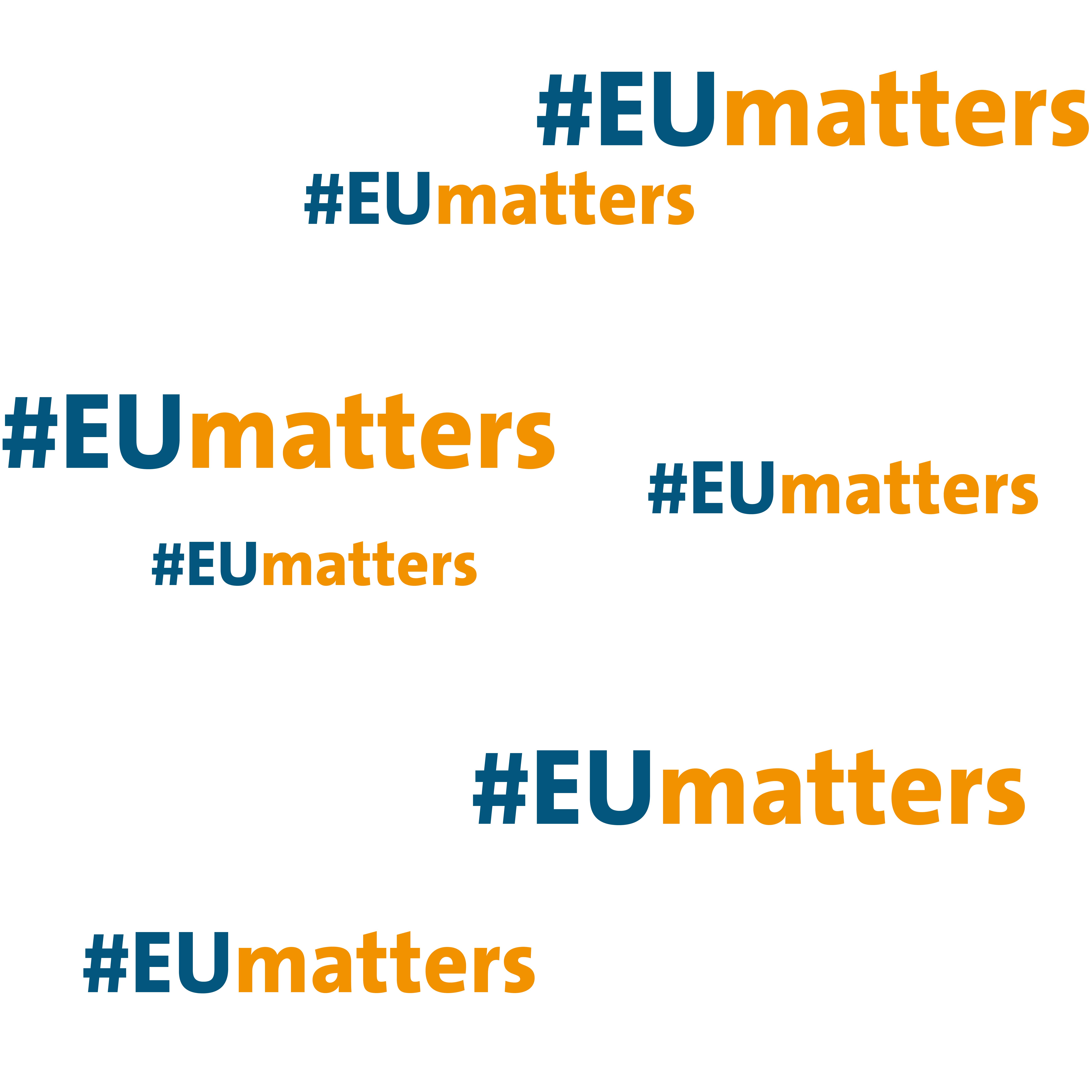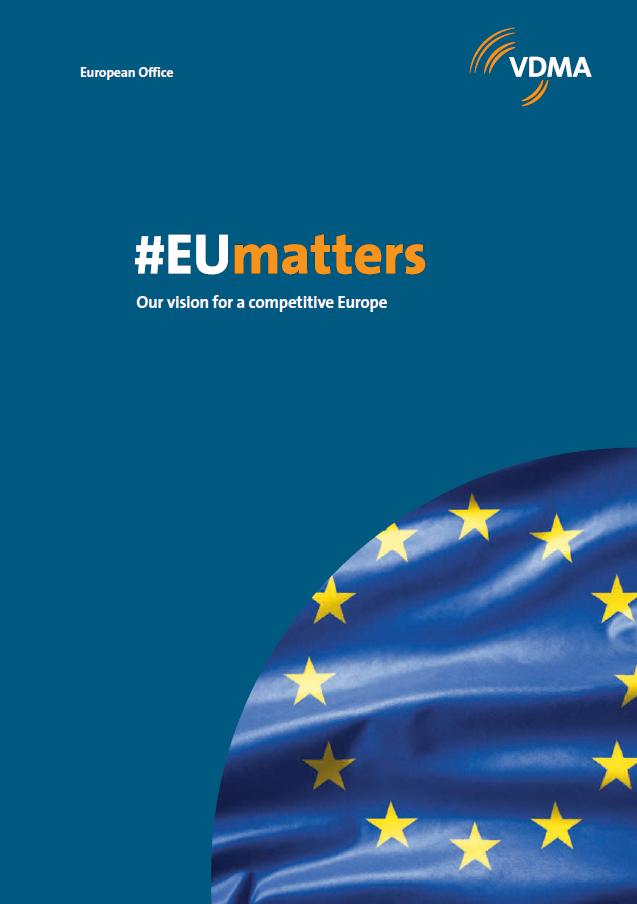European Policy - vdma.eu
European Policy
For of a competitive Europe

Open borders, free trade and common values: Europe is the home market for the machinery and equipment manufacturing industry, one of the largest industrial sectors in the EU economy. Lets's challenge challenges Maintaining Europe's competitiveness is a top priority.
Therefore, VDMA is committed to a strong and capable EU.

shutterstock


Important questions on this topic
-
How is the tariff deal between the EU and the US putting pressure on the mechanical and plant engineering industry?
-
What advantages do companies gain from the Mercosur free trade agreement?
-
How does the EU plan to relieve the burden on companies with the “Omnibus on Sustainability”?
-
What developments are there in the CO2 border adjustment mechanism (CBAM)?
-
What is the “Clean Industrial Deal”, the successor to the Green Deal, all about?
Events
The Industrial Accelerator Act (IAA) aims to be the EU tool for creating European lead markets.
The third VDMA European Summit 2026 goes to Bella Italia. Look forward to interesting topics and excellent networking opportunities and don't miss THE meeting of the European machinery and equipment manufacturing industry.
Exclusively for VDMA members
Register now and read more
Don't have an account?
If your company is already a VDMA member, you can register easily.
Do you not know whether your company is already a member? Take a look at our member list and find out.
Are you interested in becoming a VDMA member?
exklusiv
Your contact






.jpg/4b2c1377-8ff9-14d7-2d7a-f774db6b0748)

.png/345b9ef9-be5a-4aba-c977-a9adb09ee701)
.png/8423ade5-83f5-daf8-744c-66cf55ebee4a)




